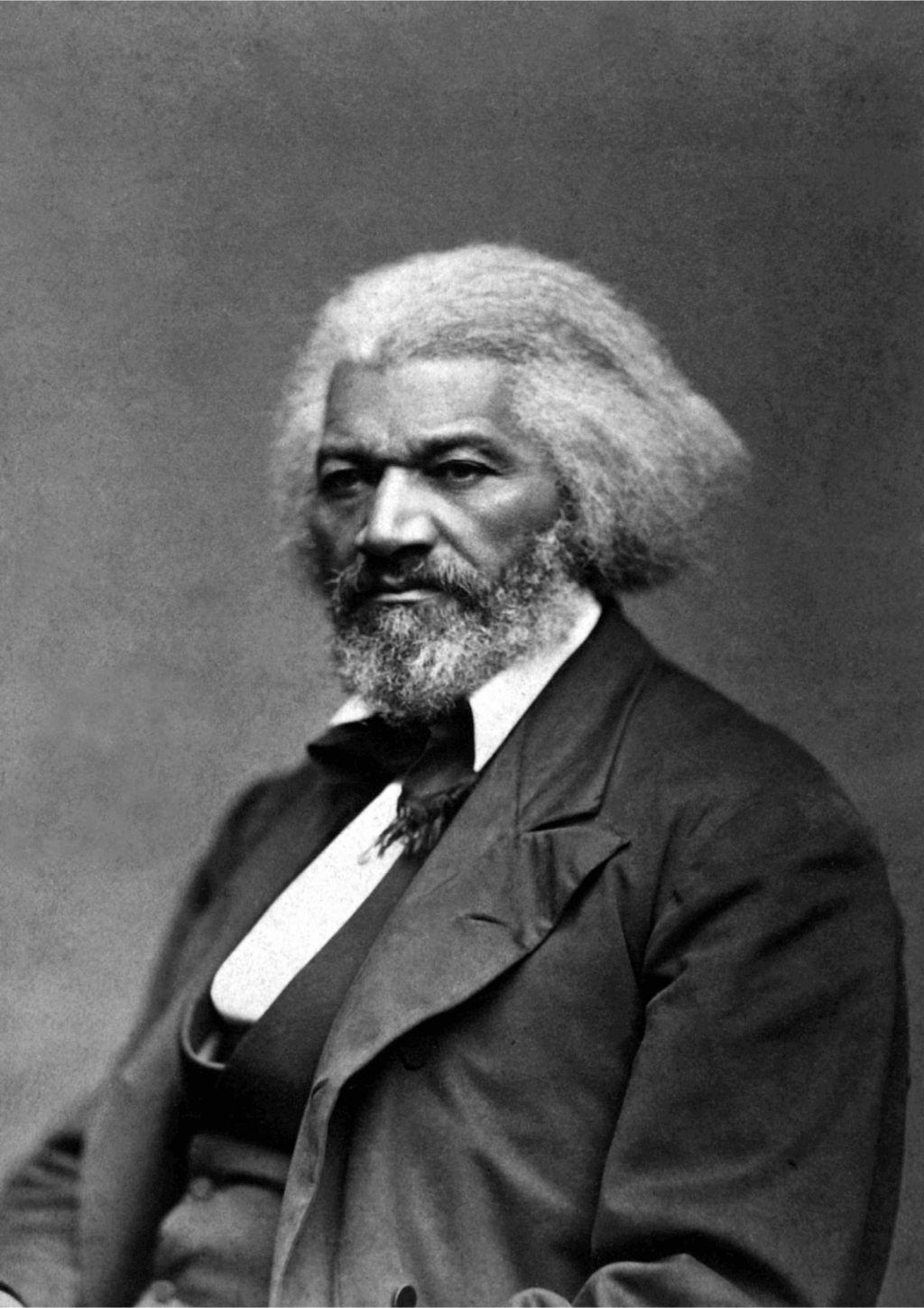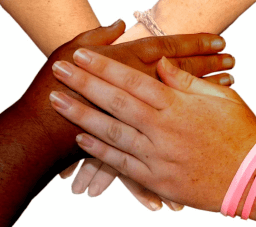Frederick Douglass Day
Frederick Douglass Day is observed next on Saturday, February 14th, 2026 (20 days from today).

Frederick Douglass Day is celebrated annually on February 14th to celebrate one of the most important anti-slavery activists on the day he was reportedly born.
History of Frederick Douglass Day
Every February 14, we celebrate the life of Frederick Douglass, a 19th-century abolitionist, writer, and orator who was one of the most prominent African-American leaders of his time. Douglass is believed to have been born on this date in 1818, although his exact date of birth is not known. In 1926, Carter G. Woodson created "Black History Week," choosing the second week of February because it included the birthdays of Douglass and Abraham Lincoln. This eventually became Black History Month, and the Frederick Douglass Day celebrations stemmed from that.
Each year, an event with speeches, wreath laying and more, is held at the Frederick Douglass National Historic Site in Washington DC, located at Cedar Hill, the home where Douglass lived during those years. In Massachusetts, the New Bedford Historical Society holds a Read-A-Thon, where Douglass' autobiographies are read aloud. These events do not always take place exactly on Frederick Douglass Day.
Frederick Douglass was born Frederick Augustus Washington Bailey, in Talbot County, Maryland, near Easton, where his mother, Harriet Bailey, was a slave in the cornfield. Harriet is of African and Native American ancestry; Douglass' father was a white man. Don't know who he is - he could be Harriet's master.
Douglass was raised by his grandmother until the age of 6 when he was taken to Lloyd's plantation, known as the Wye House plantation, where his siblings were. It was here that he became more acutely aware of the terrible conditions of slavery. In the years that followed, he shuffled back and forth between Hugh and Sophia Auld of Baltimore, and Hugh's brother Thomas. While in Baltimore, he taught himself to read and write, something that slaves did was illegal. It is believed that Sophia taught him the alphabet, and some white children also helped him learn.
When hired to work for William Freeland, Douglass used the Bible to teach other slaves how to read. Thomas Auld learned of Douglass' attempt to help educate other slaves and sent him to Edward Covey, a man known for his brutality against slaves. During these years, Douglass learned more about the abolitionists and began to think more about freedom and the attempt to escape. He also met free blacks, including Anne Murray, to whom he was engaged in 1838.
In September 1838, Frederick Douglass escaped slavery. Dressed as a sailor and possessing a certificate he received from a friend stating he was a free black man, he took the train to Havre de Grace, Maryland, then passed through Delaware and Pennsylvania before arriving in New York. . City. There he was taken into the home of David Ruggles, a leader of the Underground Railroad. He stayed with him until Anne Murray could see him.
Anne Murray and Frederick Douglass married and moved to New Bedford, Massachusetts, where Douglass worked as a day laborer. That's when Frederick Bailey became Frederick Douglass, to hide his being a fugitive. The couple got their name from a poem by Sir Walter Scott called "The Lady of the Lake" and they had five children together.
Douglass soon became a famous abolitionist, writer, and orator. With his intellect and many accomplishments, he debunked the argument that slaves were not as intelligent as their masters and should therefore be below them overhead. He joined the abolitionist movement when he met William Lloyd Garrison and became a member of the American Anti-Slavery Society. With his firsthand accounts of slavery, he educated people about how bad it really was to live in captivity. Southern writers often said that slavery was easy and happy, and Douglass' narrative undermines this.
Douglass wrote three autobiographies, as well as many other documents and correspondence. In 1845, he published An Account of the Life of Frederick Douglass, an American Slave, about his time growing up as a slave in Maryland. In it, he wrote, "From my earliest recollection, I tell of the amusement of a deeply held conviction that slavery could not always keep me in its bad arms; and In the darkest hours of my slavery career, this living word of faith and spirit of hope did not leave me, but remained as angels serving to cheer me through the gloom."
Around this time, he traveled to England and Ireland for two years, where he spoke against slavery and for women's rights, such as the right to vote. A keynote speech he gave, the "London Reception Speech", highlighted the contradictions of flaunting freedom and justice while denying it to millions of slaves. After returning to America in 1847, Douglass began publishing a newspaper, The North Star. (It would become Frederick Douglass' Paper in 1851, and was published until 1860.) He also continued his work for women's rights and was the only African American present at the 1848 Seneca Convention. Falls.
In 1852, he gave one of his most famous speeches, called "What to a Slave is the 4/7?" stated. In it he said, "For American slaves, is the 4th of July yours? I replied: a day that revealed to him, more than any other day of the year, injustice and cruelty. to him, your celebration is a sham; your boastful freedom, an evil license; the greatness of your nation, the frivolous; your joyful sound is empty and heartless; your accusations against tyrants, your shamelessness in front of you; your shouts of freedom and equality, your empty mocks; your prayers and hymns, your sermons and your thanksgivings, with all your religious parade and solemnity, are, to him, mere pomp, deceit, deception, shamelessness and hypocrisy - a thin veil to cover up crimes that would disgrace a nation of barbarians."
During the Civil War, Douglass met Lincoln and helped organize the 54th and 55th black regiments of Massachusetts. He supported Lincoln early on but wanted the Emancipation Proclamation to be more effective and give former slaves the right to vote, especially since many had fought for the Union Army. Although Douglass supported Radical Democratic candidate John C. Frémont in the 1864 election, Douglass and Lincoln later reconciled before Lincoln's death the following year. In 1876, Douglass spoke at the Emancipation memorial service in Lincoln Park in Washington D.C. Later, Mary Lincoln Todd gave Douglass Lincoln's favorite walking stick.
After the Civil War, Douglass continued to work for African-American rights, such as the right to vote and other social and economic reforms. He also pushed for laws against division of property. He became governor of the United States of the District of Columbia, scribe of the affairs of the District of Columbia, and minister of the Republic of Haiti. He continued to give speeches, one on the occasion of the 25th anniversary of the Emancipation Proclamation. In 1882, his wife Anna died, and in 1884 he married Helen Pitts. On February 20, 1895, Frederick Douglass died in Washington D.C. His contributions and importance to American history are profound, and we celebrate it today.
How to celebrate Frederick Douglass Day
- Visit the Frederick Douglass National Historic Site in Washington D.C. Events held on or around today.
- Visit the New Bedford Historical Society, located in the Nathan and Polly Johnson House, where Frederick Douglass once lived. A Read-A-Thon and other events are held there every year. There is also a celebration every September, marking the anniversary of Frederick and Anna's arrival in the city in 1838.
- Visit Douglass' grave in Mount Hope Cemetery, in Rochester, New York. You can also stop at the Frederick Douglass Monument in Rochester.
- Read Douglass' autobiographical books, including The Narrative of the Life of Frederick Douglass, An American Slave, Slavery and My Freedom, and The Life and Times of Frederick Douglass.
- Read some of Douglass' speeches, such as "What to a Slave is the 4/7?"
Observed
Frederick Douglass Day has been observed annually on February 14th.Dates
Wednesday, February 14th, 2024
Friday, February 14th, 2025
Saturday, February 14th, 2026
Sunday, February 14th, 2027
Monday, February 14th, 2028


